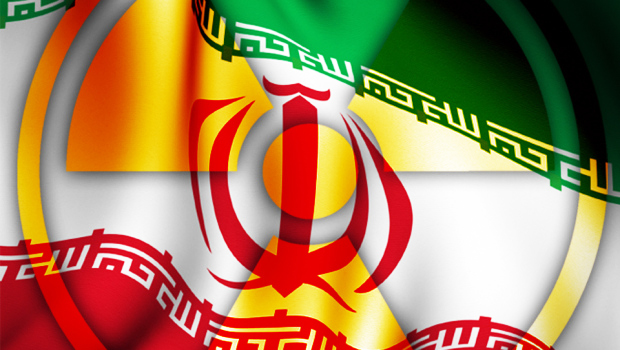Israel said on Monday it was probable that world powers and Iran would agree a "bad deal" on Tehran's nuclear program and it would do all it could to toughen any accord before talks resume this week, Reuters reported.
"We think it's going to be a bad, insufficient deal," Strategic Affairs Minister Yuval Steinitz told Reuters in an interview before meeting French officials in Paris. "It seems quite probable it will happen, unfortunately."
France, the United States and four other powers suspended talks with Iran in Switzerland on Friday and will reconvene this week to try to break the deadlock over Tehran's atomic research program and the lifting of sanctions before a March 31 deadline for a framework deal.
White House chief of staff Denis McDonough said the United States would not accept a "bad deal" with Iran but was seeking a realistic long term solution.
Israel, which is believed to have the Middle East's only nuclear arsenal, is not a party to the negotiations but feels especially threatened by the possibility of a nuclear-armed Iran. It has in the past threatened a military attack on Iran if it is not happy with an eventual deal.
It has long described France as the negotiating power with views closest to its own.
"Although we are against a deal in general, until it is completed we will point to specific loopholes and difficulties," Steinhitz said before meeting France's top nuclear negotiator and President Francois Hollande's diplomatic adviser.
Two fundamental issues that need to be toughened up were the number of centrifuges - machines that spin at supersonic speed to increase the concentration of the fissile isotope - and how to prevent Iran getting any capacity to pursue research and development, he said.
"In this (accord) you are getting a robust and complicated deal that enables Iran to preserve capabilities and allow it to remain a threshold nuclear state," he said.
The negotiations' goal is an arrangement whereby Iran would need at least one year to produce enough fissile material for a single atomic weapon, should Tehran choose to produce one. That is known as the "break-out" time.
Steinitz said Israel believed the current deal, which would allow roughly 6,000 centrifuges, would enable Iran to "dash to the bomb" within nine to ten months because its nuclear infrastructure would not be dismantled.
Iran says that its nuclear program is for peaceful needs only.






